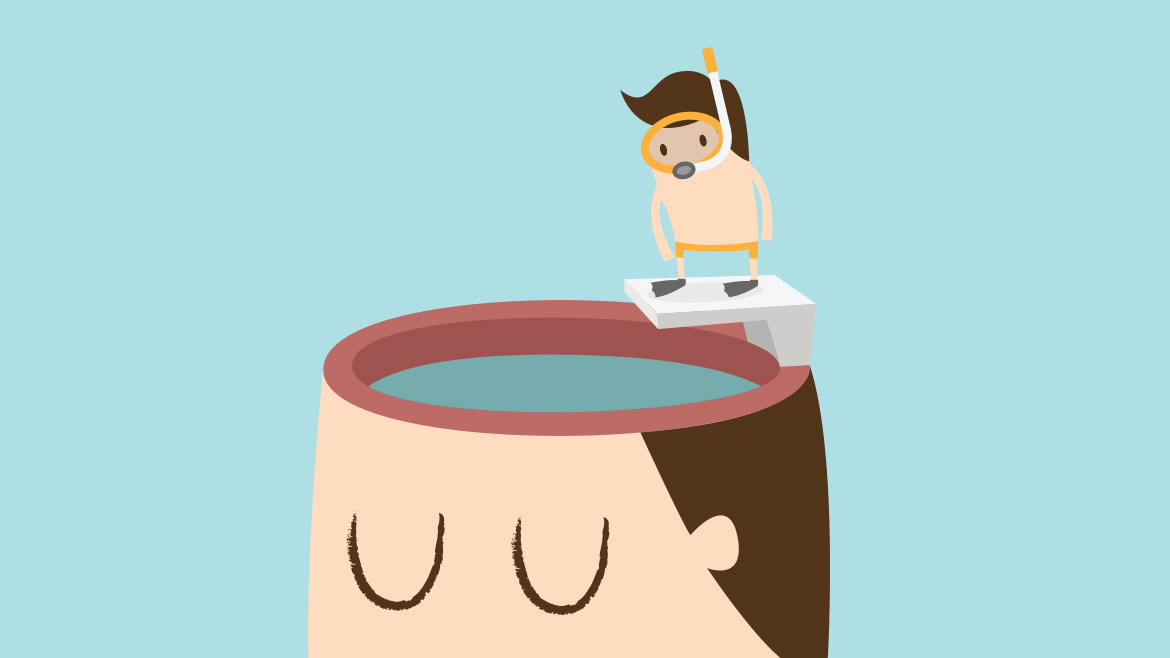Uncovering Unconscious Bias


In the workplace, our biases — that is, our preconceived opinions about something or someone — affect who we recruit, who we hire, who we promote, who we take advice from, and even who we have lunch with. Biases we’re not aware of, unconscious ones, impact everything we do. These biases can affect our bottom line too, as they may hinder us from exploring possible collaborations and cut us off from lucrative revenue streams.
When presenting an unconscious bias training session through Diversity Awareness Partnership, I often face a room full of people of all races, genders, abilities, socioeconomic backgrounds, religions, sexual orientations, and identities. As a woman of color working in the world of diversity and inclusion, I explain that those characteristics do not exempt me from being biased. When I suggest that we’re all biased, people usually respond with a deer-in-the-headlights look. “Stay calm!” I reassure them. “We will navigate this challenging fact together!”
Many hear the term “bias” and make only negative associations. However, uncovering our individual unconscious biases lays the foundation for the work we can do to understand the importance of diversity and inclusion, both inside and outside the workplace. A paper from Sandy Sparks, at the University of Warwick, defines unconscious bias as “a bias that we are unaware of, and which happens outside of our control. It is a bias that happens automatically and is triggered by our brain making quick judgments and assessments of people and situations, influenced by our background, cultural environment, and personal experiences.”
“Triggered by our brain” is important to our understanding of unconscious bias in the workplace. “How many times have you been in a meeting,” I ask, “and observed a colleague present an idea that is dismissed, only to have that idea accepted when presented by another colleague that was older or younger, of a different gender or a different race or ability?” When this happens, there’s often a bias in play.
We all have biases that affect the way we think, the things we say, the actions we take, the people we surround ourselves with, the neighborhoods we live in, and on and on. But how did it happen? In “Teaching for Diversity and Social Justice,” Bobbie Harro writes that every experience of our lifetime forms our conscious and unconscious biases. So how do we start to peel back the layers and work on our biases? Here is a helpful process:
Acknowledge that you have biases.
No one is exempt. And this fact does not make us bad people, so breathe easy! It’s simply a matter of knowing that the biases exist and counteracting them. When you know and choose to do nothing about them, that causes concern. Let’s get to work.
Find a tool that will help to uncover those biases.
Diversity Awareness Partnership recommends the Harvard Implicit Association Test — you can find it online pretty easily. Project Implicit explores the thoughts and feelings outside of our conscious awareness and control. Of the 13 tests offered, start by taking the test that addresses a subject that you’re confident you have no bias in. See what unfolds.
Spend time with your results.
Once a bias is revealed, it’s important to do some self-reflection. How did this bias begin and how did it develop? How have they affected what we say and what we do? How have they had an impact on the places we go or the things we teach our children?
Be intentional about the change you want to see.
Maya Angelou wrote: “I did then what I knew how to do. Now that I know better, I do better.” Before making the unconscious conscious, we did not know any better. Now that we’re aware, let’s make the decision to do better now and do better for generations to come.
Each and every one of us can do the internal work necessary to be the change that we want to see. Uncovering unconscious biases can have a positive impact on your work, family, and community life. As regional manager of Diversity Awareness Partnership Columbia, I’m excited to do this work with you.


